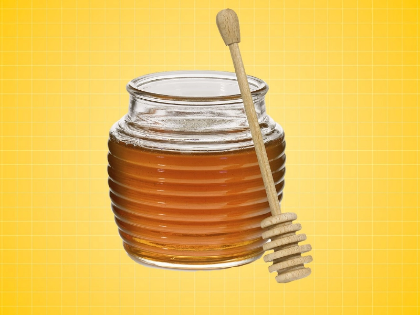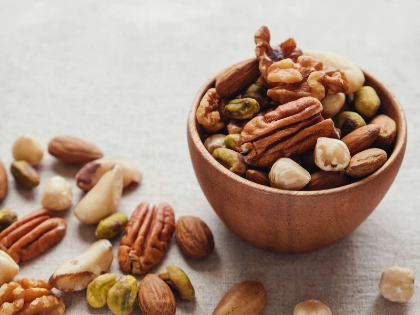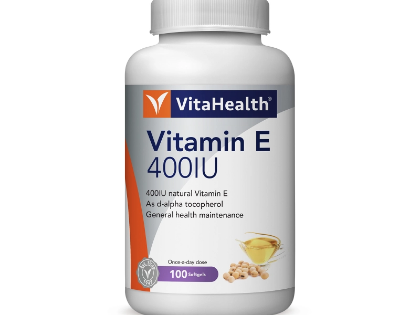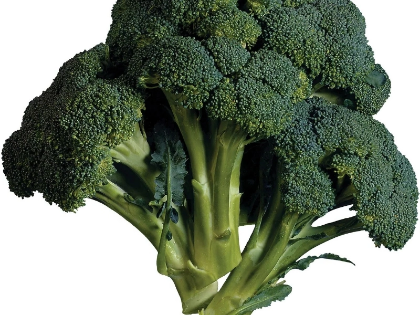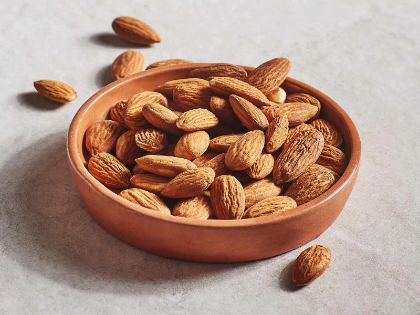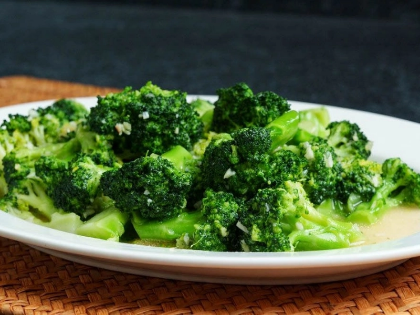The Role of Grains in a Mediterranean-Style Diet
1. Know the Mediterranean Diet. Celebrated for its great tastes and health advantages is the Mediterranean diet. Rooted in the customs of nations around the Mediterranean Sea, this diet stresses entire foods like fruits, vegetables, good fats, lean proteins, and—above all—grains. This eating pattern depends much on grains since they offer vital nutrients and help the diet to be generally healthy. Knowing the importance of grains in the Mediterranean diet helps people to value their part in enhancing wellness and health.
2. Common grain types used Emphasizing whole grains, the Mediterranean diet consists of a range of grains. Among the often utilized grains are brown rice, barley, farro, bulgur, and whole wheat. Many times, these grains are used in bread, spaghetti, salads, and side dishes, among other cuisines. Because they retain their bran and germ and provide more fiber, vitamins, and minerals, whole grains are recommended above refined grains. This emphasis on whole grains supports the health advantages of the diet by helping to improve digestion and lower the risk of chronic diseases.
3. Whole Grain Nutritional Values Essential nutrients present in whole grains help to enhance general health. Rich in dietary fiber, they support satiety and hence help to maintain a good weight by assisting digestion. Whole grains also include significant minerals and vitamins like selenium, iron, magnesium, and B vitamins. Energy metabolism, immune system function, and general well-being all depend on these nutrients in great part. Including several whole grains in the Mediterranean diet guarantees that people get a wide spectrum of nutrients required for best health.
4. The Part Grains Play in Heart Health A major advantage of grains in the Mediterranean diet is their improvement of cardiac condition. Lowering of cholesterol, blood pressure, and a lower risk of heart disease have all been connected to whole grains. Whole grains' fiber and antioxidants help to explain these advantages by changing lipid profiles and lowering inflammation. Incorporating whole wheat and barley into meals helps people maintain cardiovascular health while still enjoying tasty cuisine.
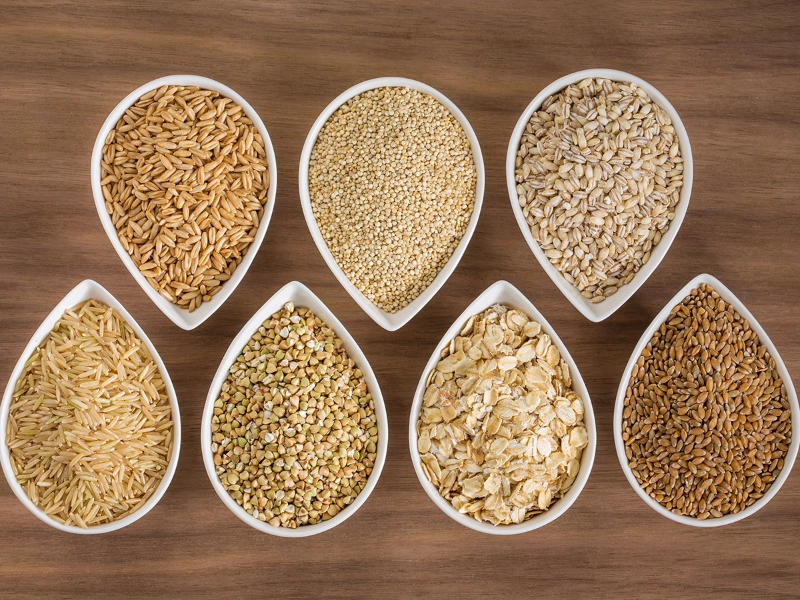
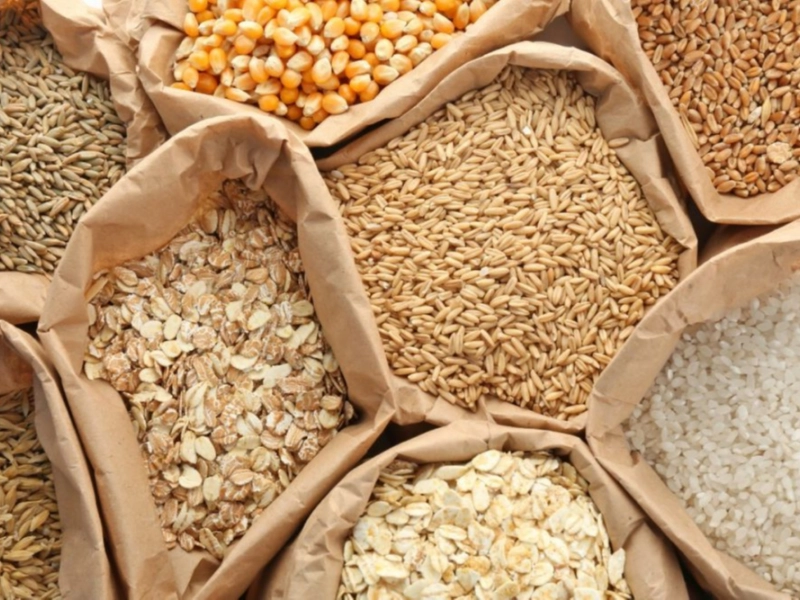 6. Mediterranean Cuisine's Grain Versatility In Mediterranean cooking, grains provide amazing adaptability and let a great spectrum of flavors and recipes possible. From filling grain salads to delicious pilafs, grains can be combined with vegetables, lentils, and lean proteins, among other foods. Various Mediterranean cuisines center whole grain pasta and bread, which offers a pleasing basis for various kinds of cuisine. This adaptability not only improves the gastronomic pleasure but also promotes the intake of certain nutrients.
6. Mediterranean Cuisine's Grain Versatility In Mediterranean cooking, grains provide amazing adaptability and let a great spectrum of flavors and recipes possible. From filling grain salads to delicious pilafs, grains can be combined with vegetables, lentils, and lean proteins, among other foods. Various Mediterranean cuisines center whole grain pasta and bread, which offers a pleasing basis for various kinds of cuisine. This adaptability not only improves the gastronomic pleasure but also promotes the intake of certain nutrients.
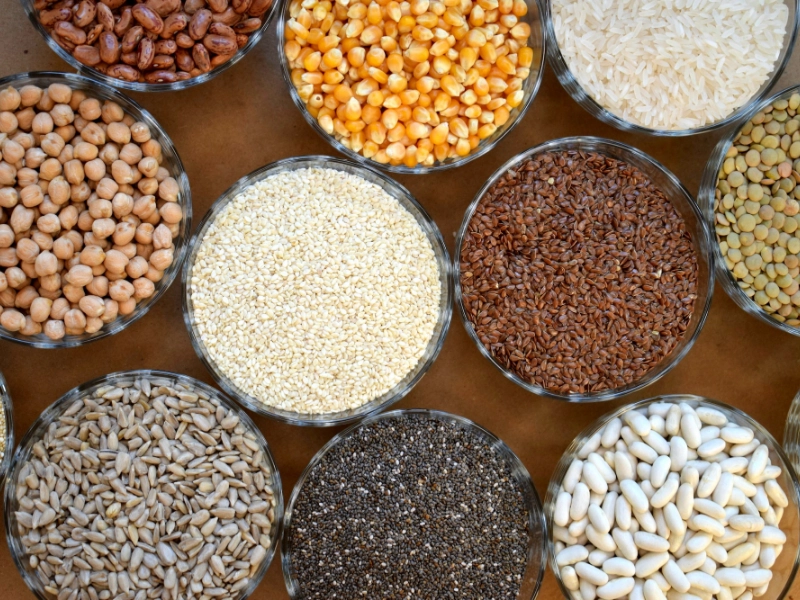 7. Grains: An Energy Source The main energy source in the Mediterranean diet are grains. Whole grains' carbohydrates are vital for the body's fuel and for enabling physical activity. Whole grains give a consistent release of energy, unlike processed grains, which can induce sharp increases in blood sugar. Maintaining steady blood sugar levels and avoiding energy dumps all through the day depend on this continuous energy release. Including grains in well-balanced meals guarantees that people have the vitality required for daily activities.
8. Including grains in every day meals Including grains into everyday Mediterranean diet meals is simple and fun. Breakfast might be whole grain bread topped with avocado and tomatoes, while lunch might call for a quinoa salad with mixed vegetables and olive oil drizzles. Dinner can call for whole wheat spaghetti topped with lots of vegetables and a hearty tomato sauce. Whole-grain crackers with hummus or a handful of roasted barley can make up snacks. This diversity lets people follow Mediterranean dietary guidelines while yet exploring many grains and cuisines.
9. Grain Affects Gut Health Promoting gut health depends much on the fiber content of whole grains. General health depends on a healthy gut microbiome; hence, whole grains offer prebiotics to feed helpful gut flora. Improved digestion, a better immune system, and less chance of gastrointestinal problems can all follow from this. Including a variety of whole grains in the Mediterranean diet helps people improve their gut health while still eating delicious and nutritious meals.
10. Mediterranean Diet Summary of Grains A basic part of the Mediterranean diet, grains add to their nutritional value and health advantages by themselves. Whole grains such as brown rice, farro, and barley offer vital minerals, enhance heart function, help control weight, and boost digestive health. Their adaptability makes it simple to include them in regular meals, as it lets one create a great variety of mouthwatering cuisine. Accepting the role grains play in the Mediterranean diet would help people enjoy good cuisine and improve their general health and well-being.
7. Grains: An Energy Source The main energy source in the Mediterranean diet are grains. Whole grains' carbohydrates are vital for the body's fuel and for enabling physical activity. Whole grains give a consistent release of energy, unlike processed grains, which can induce sharp increases in blood sugar. Maintaining steady blood sugar levels and avoiding energy dumps all through the day depend on this continuous energy release. Including grains in well-balanced meals guarantees that people have the vitality required for daily activities.
8. Including grains in every day meals Including grains into everyday Mediterranean diet meals is simple and fun. Breakfast might be whole grain bread topped with avocado and tomatoes, while lunch might call for a quinoa salad with mixed vegetables and olive oil drizzles. Dinner can call for whole wheat spaghetti topped with lots of vegetables and a hearty tomato sauce. Whole-grain crackers with hummus or a handful of roasted barley can make up snacks. This diversity lets people follow Mediterranean dietary guidelines while yet exploring many grains and cuisines.
9. Grain Affects Gut Health Promoting gut health depends much on the fiber content of whole grains. General health depends on a healthy gut microbiome; hence, whole grains offer prebiotics to feed helpful gut flora. Improved digestion, a better immune system, and less chance of gastrointestinal problems can all follow from this. Including a variety of whole grains in the Mediterranean diet helps people improve their gut health while still eating delicious and nutritious meals.
10. Mediterranean Diet Summary of Grains A basic part of the Mediterranean diet, grains add to their nutritional value and health advantages by themselves. Whole grains such as brown rice, farro, and barley offer vital minerals, enhance heart function, help control weight, and boost digestive health. Their adaptability makes it simple to include them in regular meals, as it lets one create a great variety of mouthwatering cuisine. Accepting the role grains play in the Mediterranean diet would help people enjoy good cuisine and improve their general health and well-being.
